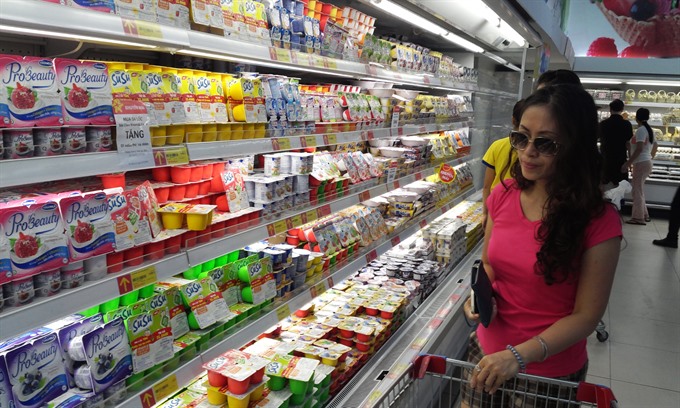7 Strategies of Effective Supplying Retailers
So you have invented the following great gadget, and you are sure it will be a success. Actually, you have cartons of inventory kept in all the rooms of your property that you are itching to market. Your buddies and family stated they “like it”, but how will you get retailers to “like it” enough to make an order along with you?
Here are 7 strategies of effectively supplying retailers. While the majority of the secrets are typical sense, it is amazing to me the number of entrepreneurs, inventors, and small manufacturers trying everything except these 7 secrets.
1. Be aware of store you would like your product or service in
Its not all store tends to buy your products. Most retailers possess a niche they fill. Discover which kind of customer tends to buy your products. Is really a bargain shopper or perhaps an upscale trendsetter? Let’s say you sell low-finish kitchen gadgets, possibly full of merchant like Walmart or K-Mart will be a better fit for the products versus Bed Bath and Beyond or Macys.
2. Know your products and why retail buyers can purchase it
Why must a retail buyer purchase your product? Could it be cost, features, or anything else? Be ready to completely discuss the characteristics & advantages of your products, how it’s better or diverse from similar products available on the market and why a store may wish to make it. Not understanding what single factor differentiates your products in the a large number of similar products available, you’re just costing you amount of time in obtaining a retail buyer’s attention.
3. Know your program before calling a retail buyer
I am speaking about such things as order minimums, “ceiling and floor costs”, recommended retail cost, pre-compensated freight versus collect, packaging specs, payment terms, returns to vendor, etc. Retail buyers asks you some very tough questions and you should know the facts of the program, forwards and backwards.
4. Understand what marketing or sales promotions you’ll provide they are driving sales
If you feel your work is performed when the store provides you with the very first purchase order, you’re regrettably mistaken. Don’t be concerned… lots of small vendors forget this too. Your publish-sales job would be to help retailers sell with the inventory they just purchased from you. Because the store sells using your inventory, exactly what do they are doing next? They’re buying MORE of your stuff. Whether it’s funding in-store promotions or just listing the retailer’s URL in your website, driving more people to your retailers is essential-DO action step.
5. Know which kind of retail packaging will fit around the retailer’s shelf
Retailers may wish to know which kind of packaging your products is available in simply because they usually have limited space to utilize – could it be a bag with hanging hook or perhaps is it something they’re going to have to use shelves?
Big-box retailers (like Target, Walmart, Sears, etc) will certainly need to see the merchandise And also the packaging. They’re VERY specific regarding their store image, their customer as well as their available “property”. They need your products within their hands for review before proceeding any more
You do not always Need to provide samples-but anticipate to when they request them. Some retailers need to visit, feel and smell an item before transporting it. It’s acceptable to charge for samples, especially if they’re higher price products or hard to ship.
6. Understand what press clips, awards or accolades your products has gotten
You will need to show retail buyers this stuff because oftentimes, this stuff will SELL your products for you personally. Favorable press shows a store that the method is “worthy” to be on their own shelves, it has real salability. Retail buyers hate to purchase something that continues to be untested within the “real life” or hasn’t received any press, awards or accolades.
7. Know if you wish to handle the sales function yourself or delegate it to another person
Some proprietors of businesses think they can handle supplying retailers, in fact, they can’t. Taking proper care of a retail account when the purchase continues to be completed is equally as hard because the sell itself towards the store. If you’re not confident with sales, consider outsourcing this function for an independent sales repetition. Usually, independent sales people focus on commission-typically 10-15% associated with a sales they land for you personally. You are able to usually find sales people on industry trade websites, trade publication ads or through person to person.


Comments are closed.